These coffees taste good and do good
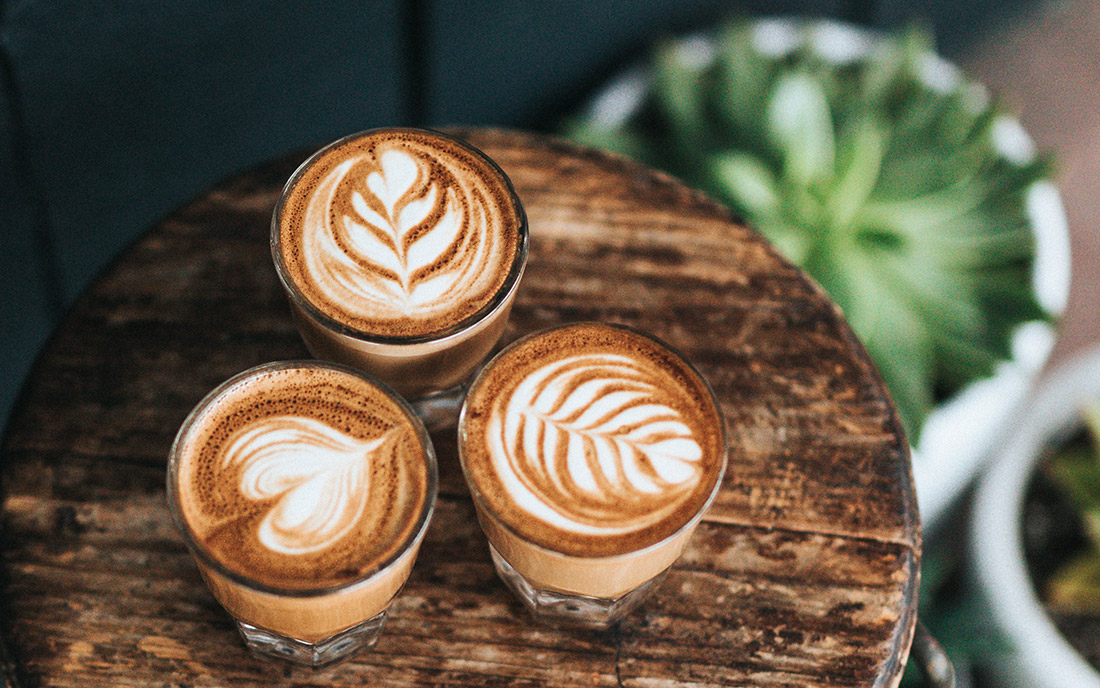
Organic or Fairtrade coffees have been known for quite a while. But what are the latest concepts which are being developed in the social start-up scene? Here you will find 6 coffee brands whose coffees not only taste good and are produced ecologically, but which positively change the livelihoods of the people in the producing countries.
We love coffee – but only the really good ones! We at GOOD continuously screen the impact sector for innovative approaches and start-ups that positively change the world. We feature some of them in our GOOD magazine. Good to know: We are independent and do not receive any payments from the companies whose stories we share.
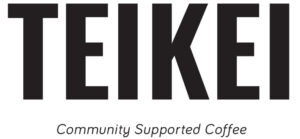
Teikei – Community supported coffee
Teikei stands for the most radical concept to free smallholder farms from the uncertainty of the world market coffee price. Teikei is a consumer cooperative in which hundreds of coffee lovers from Germany and Switzerland have already joined forces. The community funds the participating coffee farmers from Mexico through advance payments to grow the coffee; in return, they share the harvest. The risk of any misharvest or price fluctuancy is shared evenly among all.
The coffee harvest is shipped to Hamburg by a sailing boat, roasted and then sent to the members of the consumer coooperative. It’s slow coffee. If you join in, you need patience. The order is based on your estimated annual demand; the delivery takes place after the next harvest – in high quality, truly sustainable and at eye level with the local coffee farmers . Teikei [tɛi’kɛi:]) is Japanese and stands for the centuries-old concept of Community Supported Agriculture, which now is reinterpreted for the coffee sector.
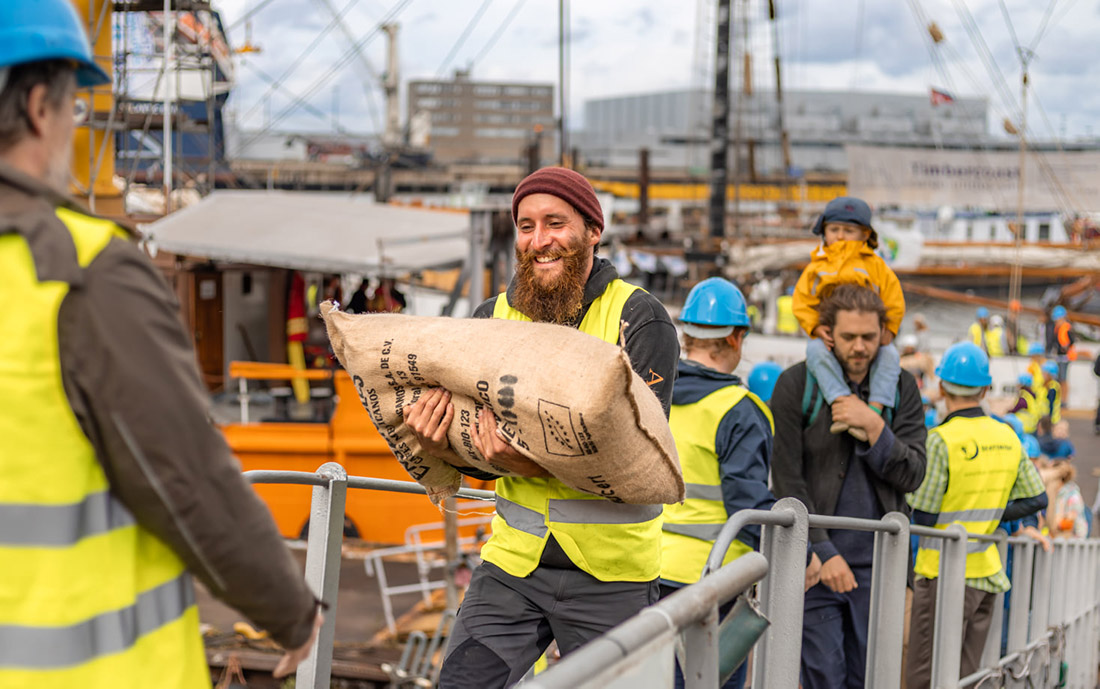
The Teikei Coffee is delivered fresh from the ship.
Moyee Coffee, Moema and the Kaffee-Kooperative have their coffee roasted and packaged in the producing countries.
The share of value added in the producing countries is usually well below 20%, even for organic or fairtrade coffees. A small number of coffee start-ups want to change this by deliberately organising the roasting and subsequent packaging in the producing countries, thus more than doubling the value added locally.
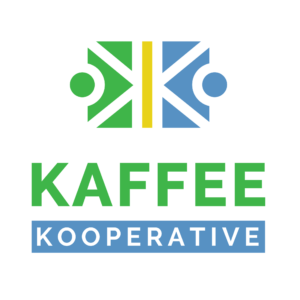
Kaffee-Kooperative – Women empowerment
The Berlin-based coffee start-up Kaffee-Kooperative sources its coffee from Kigali in Rwanda. The coffee is produced, processed, and packaged there; only the marketing takes place in Germany. With Angelique’s Finest, the cooperative markets a gender focused coffee which is produced almost entirely by women and whose revenues from sales benefits the participating women.
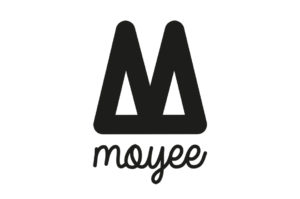
Moyee Coffee – Radically fair
The Dutch startup Moyee Coffee stands for “radically fair” coffee and is going public with it. A central element of the B Corp certified startup is transparency. The company shows exactly how the funds flow. Moyee Coffee recently became available in Germany.
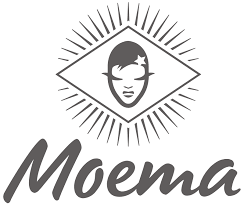
Moema Kaffee – Speciality coffees from Brazil
The coffee company from Bad Dürkheim builds on its long-standing relationships with the coffee industry in Brazil. Moema stands for high-quality speciality coffees from Brazil that are roasted in their own country. Having started with espresso, this German-Brazilian cooperation now also markets filter coffee.
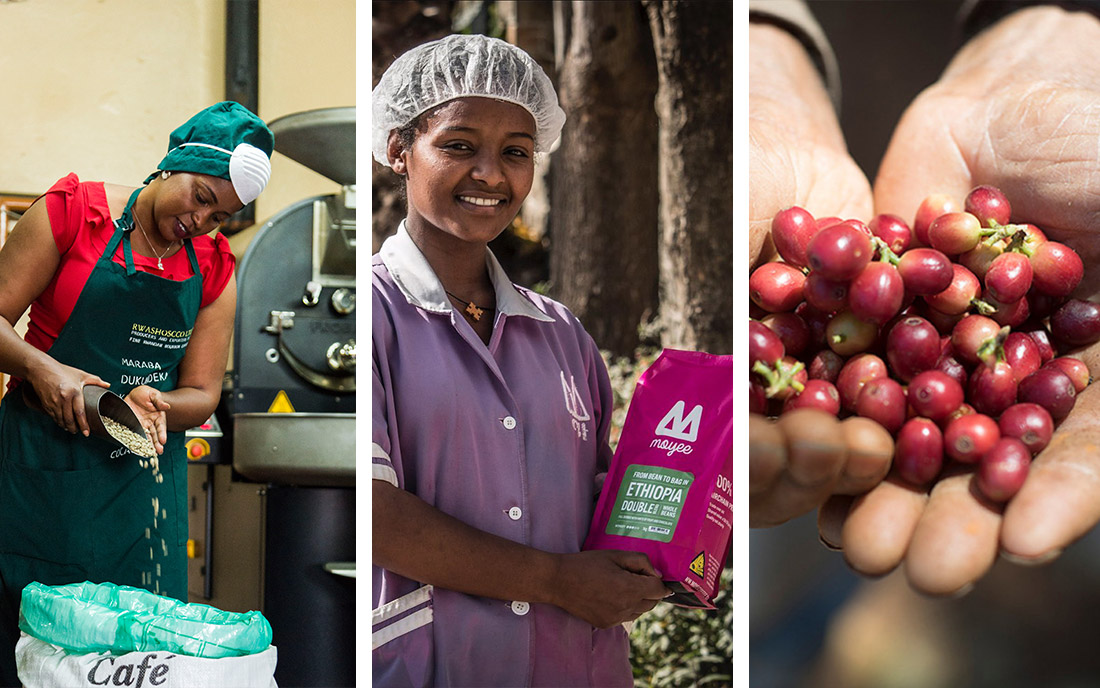
Social, sustainable, and above all fair:
The coffees from Kaffee-Kooperative, Moyee, and Moema (f.l.t.r.)
Pioneers of direct trade in the coffee sector
The idea is as simple as it is clear: direct trade with producer communities not only allows the best coffees to be sourced. It also eliminates middlemen. Several of the specialty coffee suppliers use this to pay their suppliers prices that are significantly above the world market level and compensate for the price fluctuations there.
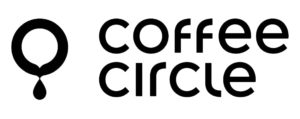
Coffee Circle – Speciality coffees from around the world
Coffee Circle has changed the coffee sector for good. Founded by Martin Elwert in Berlin in 2010, the company was one of the first to put direct trade with local coffee cooperatives at the heart of its business model. An idea that has inspired many others. Coffee Circle offers a wide range of specialty coffees. The company is most active in Ethiopia, the home of Arabica coffee, but now also sources coffees directly from a number of other countries. For the company, direct trade is a guarantee of quality. The coffee beans are shipped to Berlin from selected producer communities, which are closely supported by Coffee Circle, and processed there in the company’s own roasting plant. They are marketed via their own online shop, and in many cases also via subscriptions to companies. Coffee Circle also provides a wealth of information about coffee via its website and blog. The company lives up to a high ethical standard. For example, the margin generated by the elimination of middlemen is used to invest in local coffee cooperatives and to pay prices that are more than 100% above the world market level. Martin Elwert is convinced: the aid is so much more direct and effective than “classic” Fairtrade coffee.
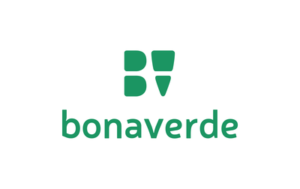
Bonaverde – A purist interpretation of the concept of direct trade
Bonaverde is no longer on the market. Nevertheless, we include the company in our list. We want to raise awareness that every new business idea, especially if it wants to disruptively change an existing value chain, is a tightrope walk with many risks. Only a small proportion of start-ups can hold their own in the market.
The company, which was active from 2013 to 2019, is remarkable in that its founder Hans Stier has shown enormous energy trying to change the coffee supply chain. His idea: importing green, raw coffee beans directly from producers to end customers, who roast, grind, and brew their coffee in an oversized coffee machine right in their own homes. No coffee can be fresher. Whether the concept failed because of the coffee roasting machine technology was not working reliably or for other reasons is hard to say. The company was able to win over a large number of customers in several crowdfunding campaigns and convince investors to invest several million euros in the idea – although ultimately without lasting success.
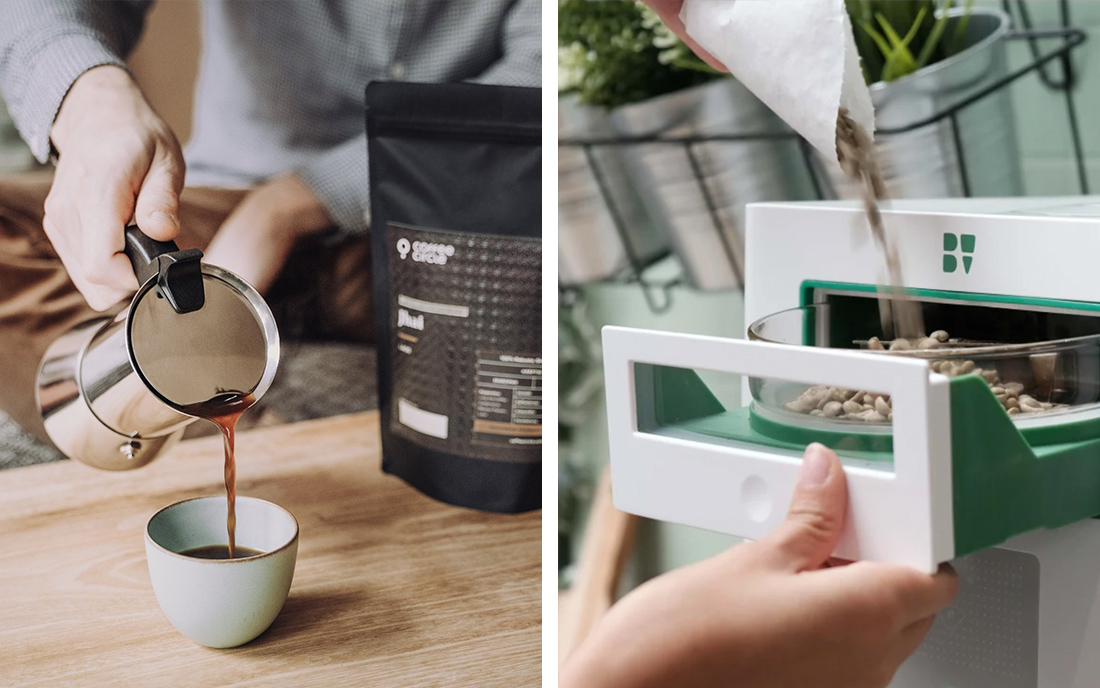
The pioneers of Direct Trade: Coffee Circle with its rich assortment of specialty coffees (left).
No longer available: beans to roast at home from Bonaverde (right).
The next step: Mainstreaming tracking of origin via blockchain
All six coffee start-ups outlined here have adopted the principle of origin tracking. The customer knows exactly where his coffee comes from.
In the future, this will be increasingly possible via blockchain technologies – and not just by a small circle of social startups. The big companies, in particular, are working intensively on the topic. Nestlé, for example, is using the cloud-based blockchain solution Food Trust from IBM for its Swedish Zoégas coffee brand, while Starbucks wants to gradually enable customers to track the origin of their coffee with the help of blockchain technology from Microsoft. It is to be hoped that the increase in transparency will also lead to an improvement in living conditions for coffee farmers at the market-dominating corporations.
The five coffee brands are all available online, two of them at Good Buy Store, among others.

